‘We are deserving of a voice:’ How Native American culture and connection fuel Venus Evans’ advocacy
By Alexis Wray
Photos courtesy of Venus Evans
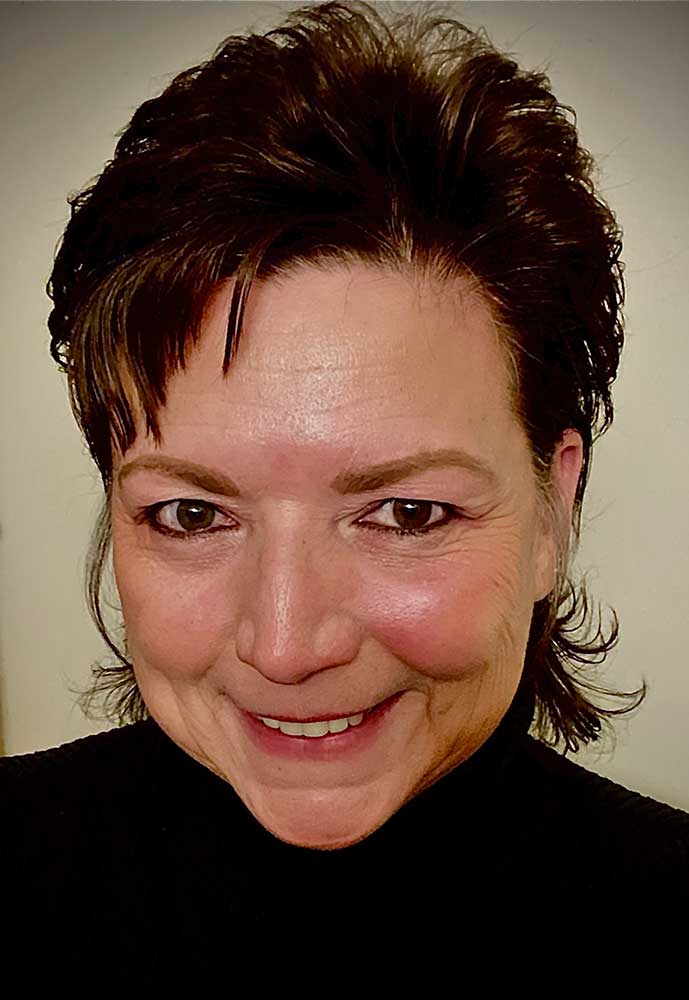
At every powwow that graced southeast Kentucky, Venus Evans found herself there, loading her son and daughter into the car and heading to the gathering in search of community and fellowship among other Native Americans.
Her desire for community among other Appalachian Native Americans has since grown into advocating for tribes across Kentucky to be seen, recognized and supported.
“Not every Native community is the same; we all have our different traditions and ceremonies, but when we come together, share and advocate, that is the most beautiful thing in the whole world,” Evans says.
While there are no federally and state-recognized tribes in Kentucky, an abundance of Cherokee, Shawnee and Chickasaw tribal citizens reside throughout the state, as well as members of other nations. Evans is a tribal citizen of the Mi’kmaq Nation of Maine and the Atlantic Provinces of New Brunswick and Nova Scotia, Canada, but as a part of the community, she cares that Native Americans are living and thriving in Kentucky.
As a lifelong Kentuckian, she has always sought connection among other Appalachian Native Americans but has often felt disconnected as an outsider from other Native Americans in Kentucky.
“Growing up in Kentucky, being from a tribal nation with the name Mi’kmaq, nobody took me seriously,” says Evans. “Thank goodness for the internet now because people here can Google it and know we are for real.”
Violent displacement of Native American communities in the United States throughout history and an absence of education about Native American culture and history in U.S. public school systems have often led to stereotypes and stigma.
In spite of the brutal history of colonialism in the U.S., the U.S. Census Bureau, in 2020, reported that more than 90,000 American Indian and Alaska Native people live in Kentucky.
This fact has fueled Evans to share more knowledge and information about the number of growing Native communities, resources needed and ways lawmakers can support their Native American constituents that represent more than 200 tribes living across Kentucky.
Resilience and hope for Native Americans in Kentucky
The American Indian population alone grew in 2020 by 11.6% percent with more than two million people, according to the U.S. Census Bureau,
Many tribes have either experienced forced relocation and migration – under compulsion or out of great need – resulting in some Native communities expanding into states like Kentucky.
Evans explains that some of the largest issues impacting Native American communities across the state are a lack of recognition of a Native presence and inaccessible health care.
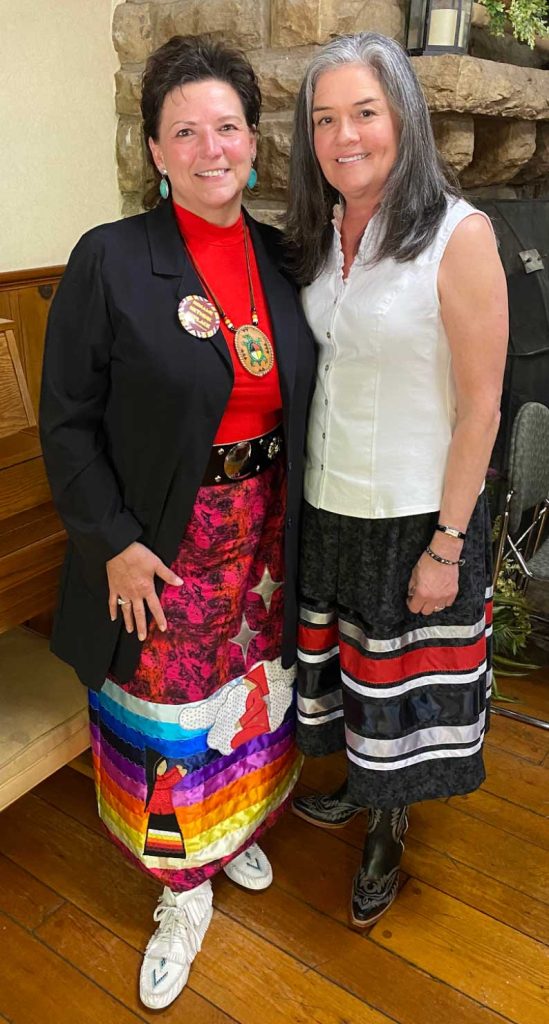
“Just being acknowledged that we’re here, we’re not going anywhere and we are deserving of a voice goes a long way,” Evans says.
Evans and many other Native Americans across the state are not only fighting to be seen but pushing lawmakers to do more than what Evans calls, “a proverbial proclamation.”
“Every year the governor says something like, we know that you all are here and you’re contributors to Kentucky and we thank you, however, there’s no resources for you and there’s nothing for Native Americans living in Kentucky,” Evans says.
Broken promises, symbolic gestures with little to no action and this kind of dismissive attitude have left many Kentuckians with Indigenous ancestry distrusting of the government, she explains.
As the commissioner-at-large for the Kentucky Native American Heritage Commission, Evans hopes to bring more awareness to Indigenous peoples across the state and the issues they face.
The Kentucky Native American Heritage Commission is the only entity officially sanctioned by the commonwealth to focus on Indigenous issues. A statute only allows the commission to promote education about and increase awareness of Native Americans’ presence in Kentucky.
This constricts the commission from acting on social issues impacting their community.
The high rate of violence toward Native peoples, which is gaining attention through the Missing and Murdered Indigenous Women and Girls movement, and inaccessible health care are harming Native communities both within the United States and Kentucky.
Evans explains that finding health services in Kentucky is stark because there aren’t federal and state-recognized tribes in the state, which limits access to resources – forcing Native Americans to travel to the nearest Indian Health Services facility. The closest facility to Evans is more than 150 miles away in Nashville, Tenn.
Indian Health Services facilities are run through an agency within the Department of Health and Human Services that ensure federal health resources are “available and accessible to American Indians and Alaska Natives.” Without access to these services, some Indigenous peoples live without health insurance and even dismiss health concerns because of the lack of access. Still, the commission cannot address health care.
“[The structure of the commission] is oppressive, very prejudiced and very discriminatory,” Evans says. “I feel like at times I’d like to just quit, but then I tell myself, ‘No, you’re going to have to run me off because I have every right to be here as a Native person living in Kentucky.”
There is light at the end of the tunnel, according to Evans. She explains that if the statute can be amended by a state legislator and approved by the commission, then they can officially address social issues, like a lack of health care.
With the commission, Evans also goes into classrooms and office spaces across Kentucky to educate students, teachers and community members about Native Americans’ presence and heritage in the state.
Last year, Evans, along with the Native American Heritage Commission, worked with students from the University of Louisville to officially make May 5 National Missing and Murdered Indigenous Women’s Day in Louisville.
Leaning into activism and community, Evans graduated from Emerge Kentucky, an organization that recruits and trains women to run for office, in June.
As Evans continues to tackle the tough issues impacting Native Americans in Kentucky, she leans on her heritage and culture as a tribal citizen of the Mi’kmaq Nation.
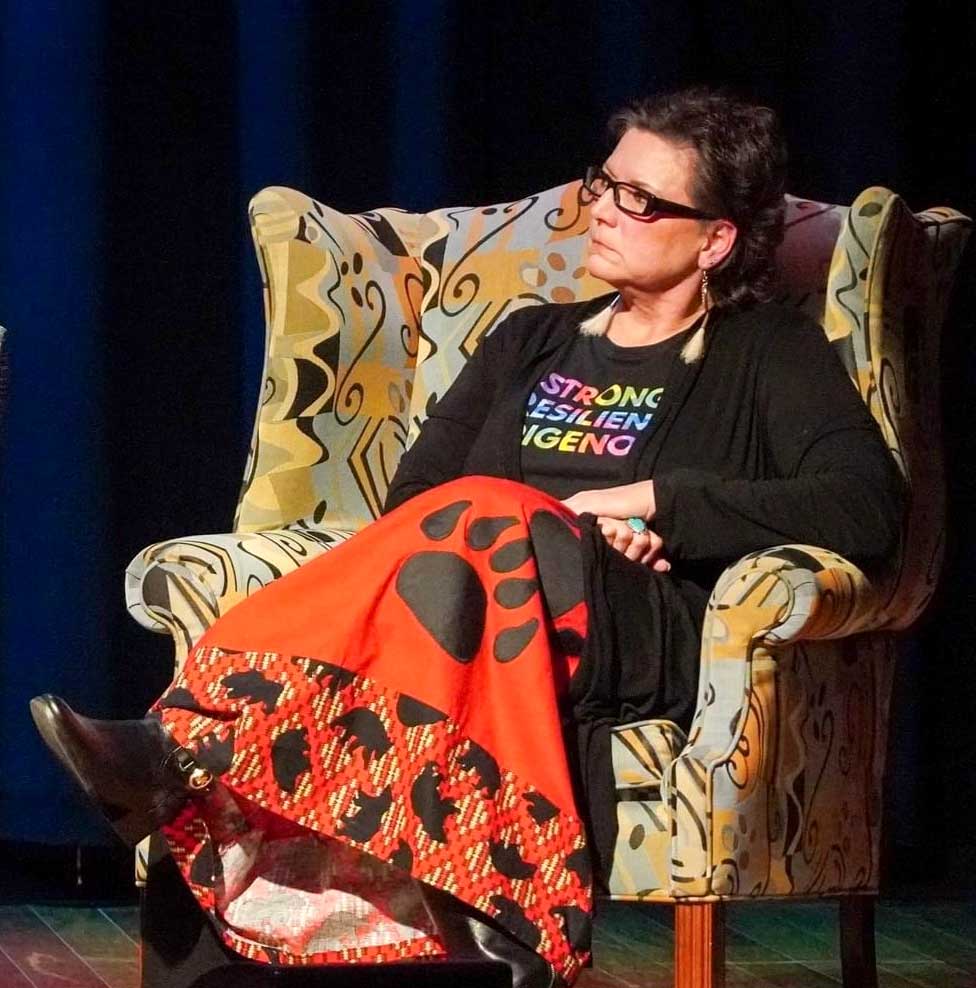
Reconnecting with her roots
“My grandmother is where my Native ancestry and lineage comes from,” Evans says.
Evans’ grandmother, Ida Strunk, was born and raised as a tribal citizen of the Mi’kmaq Nation. She moved from one part of the Appalachian Trail in Maine to another in Kentucky with her husband, where she raised her family.
While Evans’ ancestral connection to the Mi’kmaq Nation has always interested and spiritually guided her to learn more, her grandmother forbade her children and grandchildren to speak the language and absorb the Mi’kmaq culture.
“Our culture is very important to me because that was denied to me,” Evans says. “My grandmother, when I would ask her to teach me, she would say, ‘You don’t need it.’”
Her hesitation to share Mi’kmaq culture could be attributed to trauma, Evans suggests.
“If my grandmother didn’t do anything as far as teaching us our heritage, she survived so that we could be born and I am very grateful for that. She was a survivor,” Evans says.
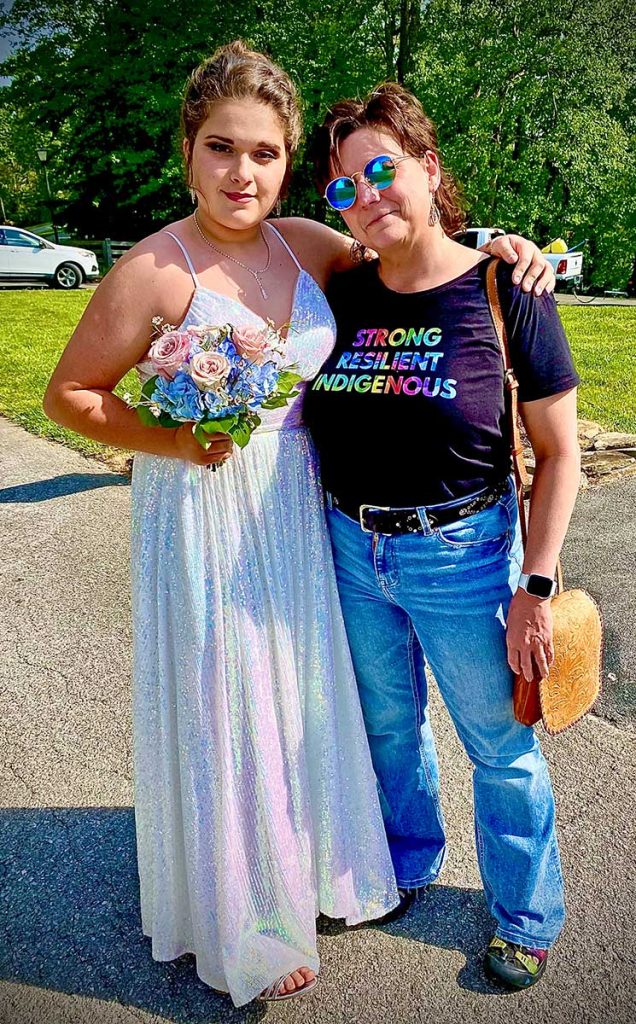
Regardless of her grandmother’s fears, Evans always felt a pull to her Mi’kmaq heritage and eventually connected with her nation and traveled back to Maine to meet with the elders and officially become a tribal citizen.
Evans describes it as the most transformative spiritual experience of her life, and says it felt like she was bringing her grandmother’s spirit home.
She hopes to carry and share traditions, culture and language of the Mi’kmaq Nation with her children and grandchildren. She is encouraging them to say and text phrases like ‘I love you’ in the Mi’kmaq language.
“When I speak the language, I’m speaking to the ancestors,” Evans says.
She now encourages others who believe they have Native American lineage to look into their family ancestry and lean into learning more about their heritage.
“You don’t have to be us, you just need to be with us,” Evans says. “We’ll take you in and make you part of the community if you’ve got that feeling.”
Related Articles
Latest News

Leave a comment
Your email address will not be published. Required fields are marked *


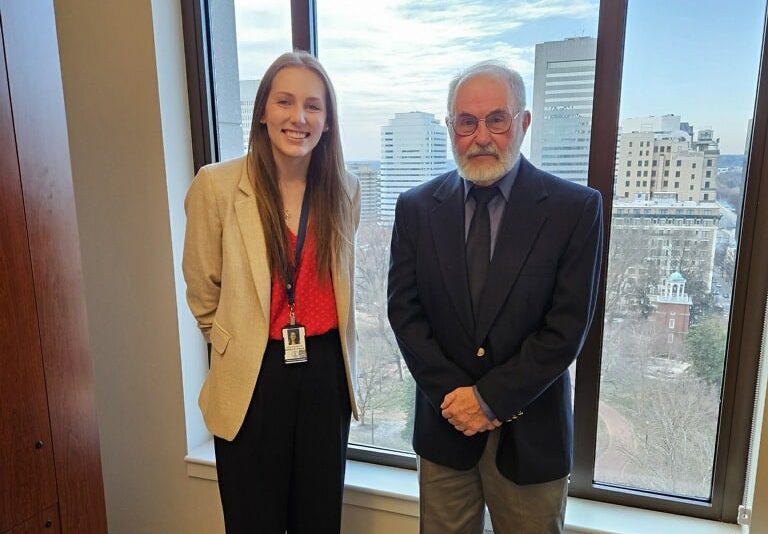
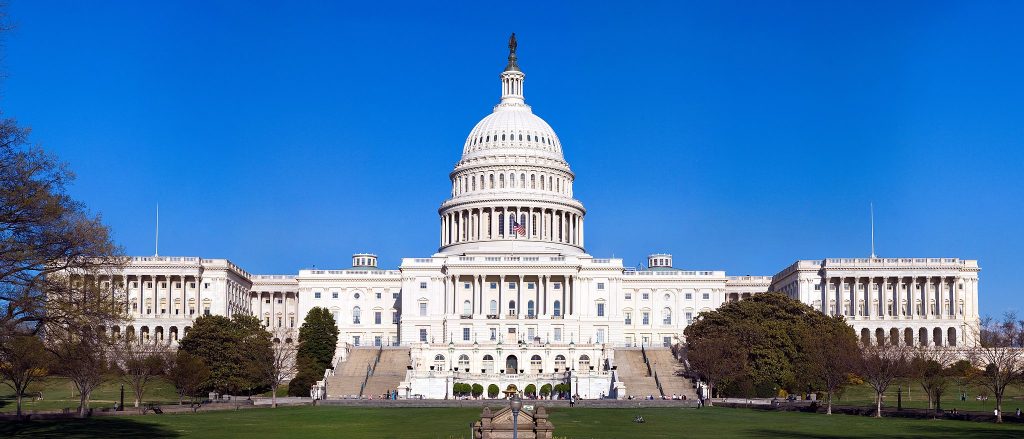

Leave a Comment